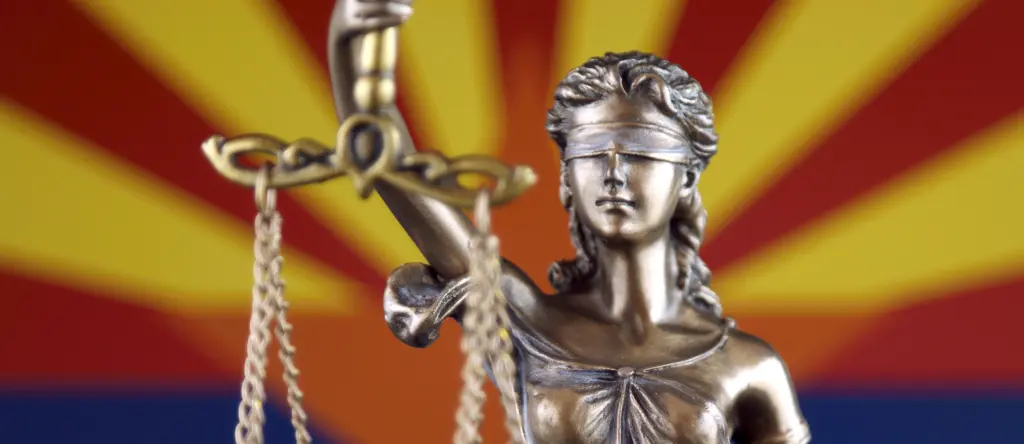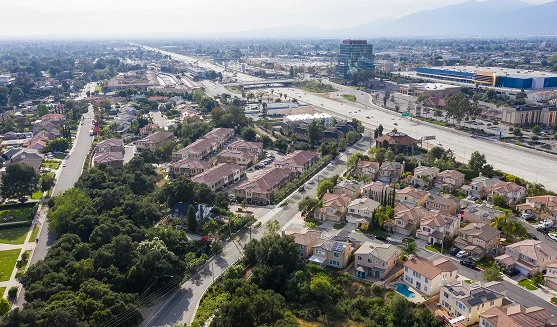@westcoasttriallawyers ♬ THATS WHAT I WANT – Lil Nas X
Were you involved in an accident as the passenger of the vehicle? Did you sustain any injuries or damages as a result of the other party’s negligence? You may be entitled to file a personal injury lawsuit to recover compensation for your losses. You will need to seek legal representation to begin the process of building up your claim.
At West Coast Trial Lawyers, our personal injury lawyers have over 100 years of collective legal experience. We have won more than 5,000 cases, which has accumulated to over $1.5 billion in settlements recovered for our clients. Due to our achievements, we have been recognized as one of the top personal injury law firms in California.
If you would like to schedule a free consultation with one of our top-rated personal injury lawyers, we welcome you to contact us by calling (213) 927-3700 or completing our online contact form. Our legal team is available 24/7 to answer calls and respond to form submissions.
Can a Passenger in a Car Accident Sue the Other Driver?
If you were a passenger involved in a car accident, you are given the legal right to file a lawsuit against the other party for damages. Below, we have included important actions a passenger in a car accident should take to acquire the best possible outcome for their personal injury claim.
First things first, you should immediately call the police and seek medical attention after a car accident. Even if you feel fine, your symptoms may emerge days, weeks, or even months later. Allowing a paramedic or a physician to examine your injuries right after the accident will help you detect any serious condition you may have sustained from the impact.
If a problem has been found, your physician will treat the wounded area and will provide you with a list of treatments you should take to recover. Any doctor visits associated with the car accident will be documented and saved in your medical records, which can be used as evidence for your personal injury claim.
On the scene of the accident, you should get the other party’s driver’s license details, license plate number, contact information, and insurance information. Gathering evidence is another important task that should be done. If possible, try to take photos or video footage of your injuries, damages, location of where the accident took place, road conditions, and weather conditions. You should also obtain witness information and a copy of the official police report. These pieces of evidence will help support your personal injury claim.
Having to go through such a claim can be overwhelming, which is why you should seek legal representation from an experienced personal injury lawyer. Your lawyer will handle all of the difficult tasks while you focus on recovering from any physical or mental injuries you sustained from the accident. This includes reviewing your evidence, negotiation with the insurance company, and representing you in court, if necessary.
How Much Money Can a Passenger in a Car Accident Get?
All car accident cases have unique circumstances that may affect the outcome of the settlement offer. Insurance adjusters will look for certain details to calculate what amount should be owed to the victim of the car accident. Below is a list of what an insurance adjuster may take into consideration:
- The costs of your medical treatment;
- The condition of your injuries,
- Any possible long-term effects you may experience because of the car accident;
- Past and future lost wages; and
- Pain and suffering.
Typically, the person at-fault for causing a car accident will have their insurance company compensate you for your damages. However, if you were involved in a car accident with an uninsured or underinsured driver, you may have to file a claim with your insurance company if you have underinsured/uninsured motorist coverage (UM/UIM).
Keep in mind that insurance companies may not always have your best interest at mind. Oftentimes, they will try to offer you a low settlement offer. You will need to have a skilled personal injury lawyer on your side to negotiate with the insurance company to ensure you are given the compensation you deserve.
Can a Passenger Be At-Fault for a Car Accident?
Yes, it can be possible for a passenger to be at-fault for causing a car accident if it can be proven that they committed negligence. Since California is a comparative liability state, all parties will be assessed to determine if negligence was contributed by both sides.
For instance, you and the driver you were with in the vehicle were actively using your phones to show each other videos. While you were being distracted by your phones, you were unable to dodge the other driver who ran over a red light. Although the other driver should have stopped under a red light, you and the driver you were with allowed your phones to distract you from keeping your eyes on the road. Under this type of circumstance, you may be expected to provide some form of compensation to the other driver since you both went against California’s road rules.
Can a Passenger Sue Both Drivers in a Car Accident?
Yes, a passenger can sue both drivers involved in the car accident if they can prove negligence was involved.
For example, the driver the passenger was with started speeding on a residential street. The passenger told the driver numerous times to slow down, but the driver failed to listen. Moments later, another driver went over a stop sign and directly crashed into the passenger’s side. The passenger suffered from a right broken arm, whiplash, and a concussion from the impact. Under this situation, the passenger has every right to pursue legal action against both parties for the injuries and damages they sustained.
Once the passenger begins the process of filing a personal injury claim against both parties, they will be required to show proof of negligence being the major factor that resulted in the car accident. The elements of negligence the passenger must prove include the following:
- The defendants owed the plaintiff a duty of care;
- The defendants breached their duty of care;
- The defendants unlawful actions resulted in the plaintiff sustaining injuries or damages; and
- The plaintiff has records of damages they endured from the car accident.
If the passenger has enough proof of both parties committing negligence, the passenger will be compensated by each driver for any injuries or damages sustained from the car accident.









































































